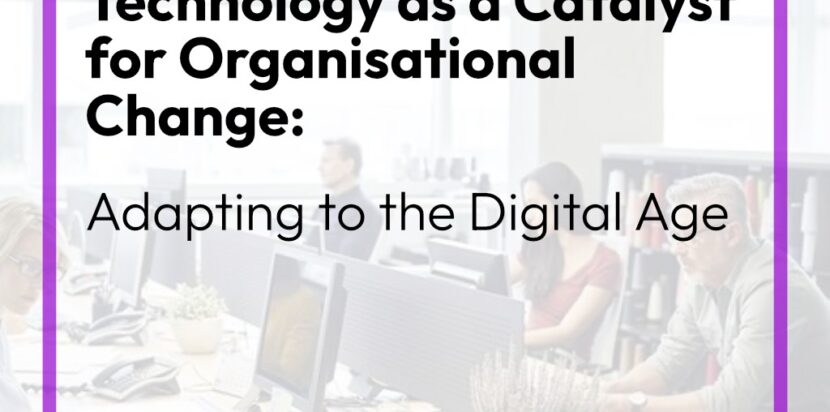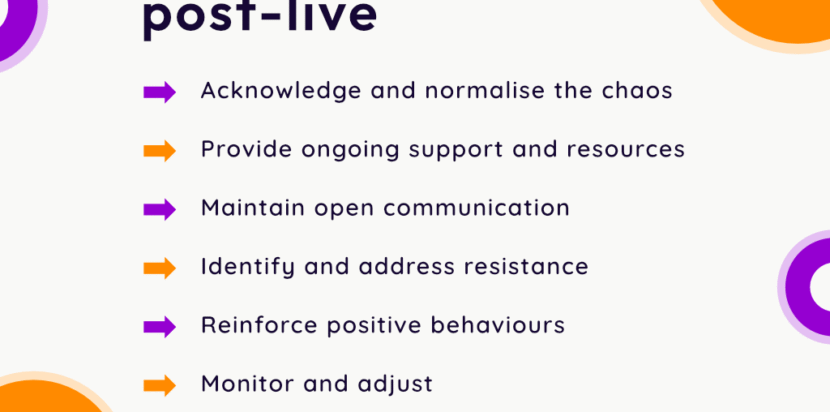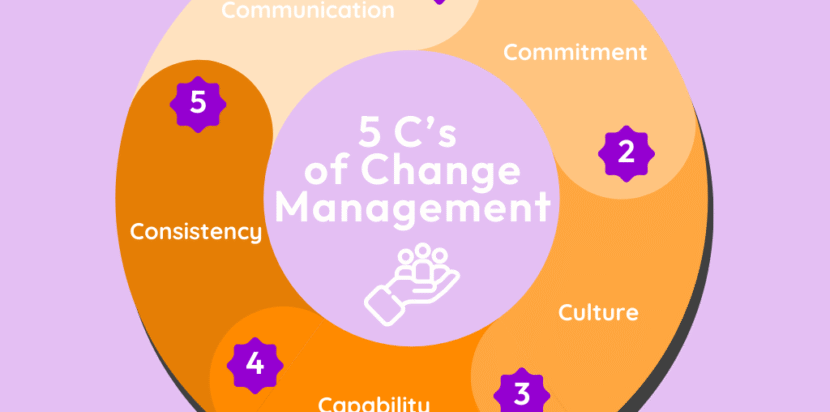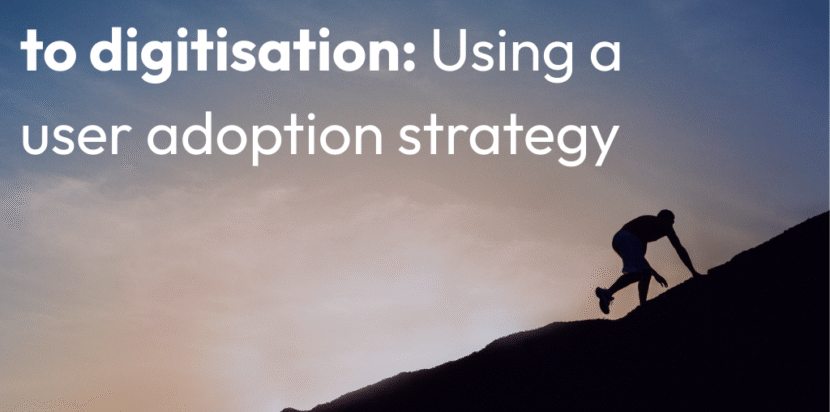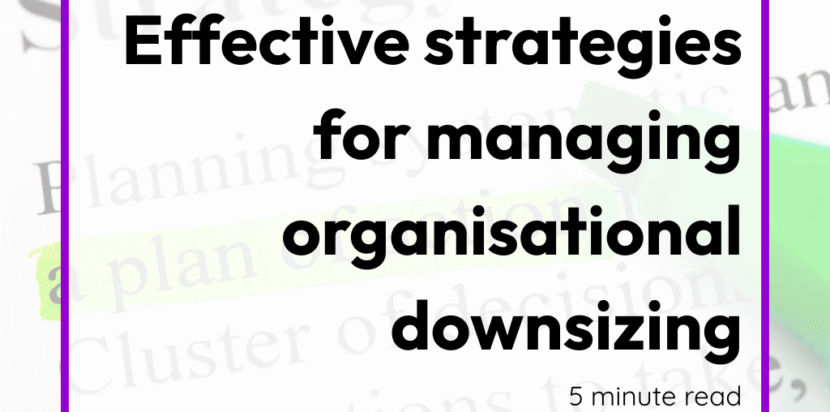Technology as a Catalyst for Organisational Change: Adapting to the Digital Age
The pace of technological advancement in the last 20 years has fundamentally transformed how organisations operate, compete, and evolve. What once took years to implement now happens in months, and the traditional models of change management are being challenged by the speed and complexity of digital
Read MoreBusiness Change Management for SMEs: A necessity, not a luxury
In the rapidly evolving landscape of British business, small and medium enterprises (SMEs) face a unique paradox. They possess the agility that larger corporations envy, yet they often lack the resources to implement change as seamlessly as their bigger counterparts. When it comes to business change
Read MoreMeasuring the Effectiveness of Your Change Efforts: Key Metrics and Strategies
While the underlying reason for downsizing can vary depending on specific circumstances, employees typically view it as a negative organisational change due to its significant impact on their lives. Therefore, it is crucial to manage downsizing carefully, considering its personal effects on individuals. It’s essential to
Read MoreManaging unexpected project delays
In the fast-paced world of business, even the most carefully laid plans can go awry. Projects, initiatives, and strategies often face unexpected delays or accelerations, leading to changes in timelines. Whether caused by external factors, shifting priorities, resource constraints, or unforeseen technical challenges, these disruptions can
Read MoreHow to manage chaos after organisational change
The successful implementation of a change initiative is often celebrated as a significant achievement. However, the period immediately following a major change can be one of the most challenging times for an organisation. Even after a well-planned and executed transformation, chaos can ensue. Employees might struggle
Read MoreEffective Change Management Strategies to Reassure Employees and Address Job Security Concerns
Change initiatives can be unsettling for employees, particularly when they involve structural shifts, process overhauls, or new technologies. One of the most significant concerns employees have during these periods is job security. Will their roles change? Will they still be needed in the organisation? Addressing these
Read MoreThe importance of long-term staff support in change management
Implementing change within any organisation is a delicate process, and it can be particularly challenging when it comes to gaining the support of long-term staff. These employees often have deep emotional and professional investments in the company’s existing systems, culture, and processes. Resistance to change can
Read More5 C’s of Change Management
The 5 C’s of Change typically refer to a set of principles or aspects that are crucial in managing and navigating through organisational or personal change. There are lots of different articles and posts with peoples’ opinions about what the 5 C’s of Change are. Yes,
Read MoreOvercome resistance to digitisation using a user adoption strategy
In today’s rapidly evolving business landscape, digital transformation has become more than just a buzzword; it’s a necessity for staying competitive and relevant. However, despite the clear benefits of digitisation, many organisations face significant resistance when implementing change. Whether it’s fear of the unknown, reluctance to
Read MoreEffective strategies for managing downsizing
While the underlying reasons for downsizing can vary depending on the specific circumstances, employees typically perceive it as a negative organisational change due to its profound impact on their lives. Therefore, it is crucial to approach managing downsizing with care, considering its personal effects on individuals.
Read More
